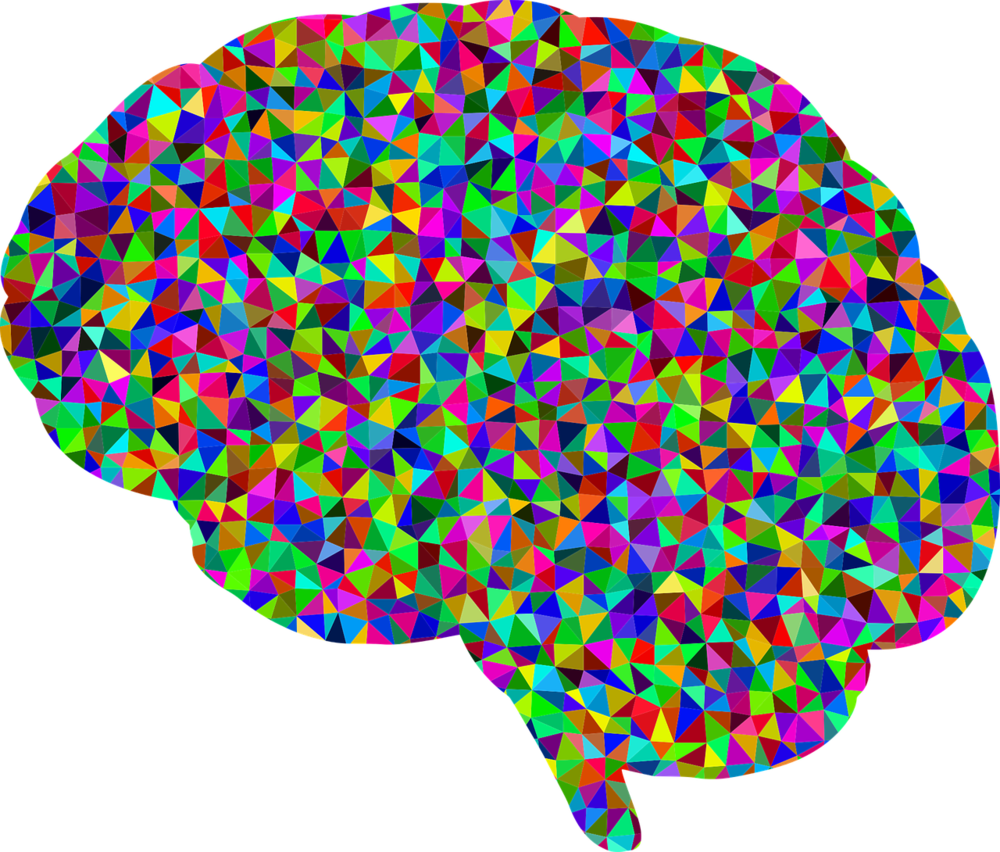Do all colours look the same?
Qasim Mahmood examines the science behind seeing colours, and why experiencing them may be visually different for everyone

Colour is an illusion. When we look at any object, likely the first thing we notice about it is its colour. Colours are incredibly important to our understanding of the world, and we use them all the time in art, film, photography, and in science. Despite all this however, it is a fact that colours do not exist in the external world. Colours are not an intrinsic property of any material, rather they are the representation that our minds produce of the light given off by any object. They do not exist outside of our minds and are simply our interpretation of a certain range of the electromagnetic spectrum; as such, it is impossible to detect or measure how you, or in fact any other person, experiences any colour.
This leads to an interesting and rather scary idea: the fact that different people could perceive colours in completely different ways. For instance, imagine you and I look at the same object, say an orange. I would see the colour I think of as orange, but you could see the colour I think of as blue; however, we have both been brought up to label that colour as “orange”. So when asked what colour the orange is, we both answer correctly and say orange, before parting to go about our lives. But despite agreeing on the colour, we have no idea how very different our experiences of the same object were.
Let’s say I met a man who was born blind. He would have never experienced seeing any colour, so I decide to teach him about colours, starting with light. I start from the fundamentals, such as its basic properties like wavelength, frequency and speed, and work my way to the more complex, such as quantum mechanics. I could teach him every single equation to do with light. I could teach him the optical and opto-electronic properties of every single material; that is, how light interacts with materials. I could teach him every single descriptive word assigned to every colour, and have him memorise the exact range of wavelengths for each colour. I could even teach him every biological process involved in how our eyes and brains process light, and how an image or colour is formed in the mind.

But he would never be able to actually see or experience any colour. I could tell him that red was a hot, passionate and angry colour. I could say blue was cold, that green was the colour of grass and blue the colour of the sky. None of this would matter. He would never experience seeing any sort of colour, no matter how I described it. No colour would ever appear in his mind no matter what I said or how I explained them to him. These private, indescribable, raw feelings or experiences have been termed ‘qualia’ by philosophers, and we seem to be utterly incapable of expressing or explaining them. This could be because our languages are unable to produce these qualia in other people’s minds; and given time and advances in language and technology, we could be able to accurately describe a raw feeling and have another person experience that same feeling.
Qualia, such as our perceptions of colour, cannot be measured with any tests we devise. Other conditions, such as colour blindness, are different in that they cause real-world effects in the people affected. People with colour blindness fail to see things or differentiate colours in a way that most people can, so they can be tested and diagnosed. However, there could very easily be many different ways of seeing and experiencing colours, which do not alter a person’s behaviour or performance in any tests we could devise. In that case, there would be people who prefer certain colours or prefer certain colour combinations, which indeed currently happens. This is extremely important, as it shows that we can never truly understand what any other person experiences, short of crawling into their subconscious and experiencing things from their perspective first-hand. When it comes to our perceptions and experiences we are all alone; as Tennessee Williams put it, “We are all sentenced to solitary confinement inside our own skins, for life”.
Despite how scary and overwhelming this all may seem, the fact that we can function and continue to question and discuss these matters at all is nothing short of incredible. We as humans are unique in our ability to question, to debate, to discuss. I can ask you how an apple tastes, what pain feels like to you or what colour a strawberry is, but I will never be able to experience any of it in the same way you do. However, we can continue to ask and discuss and hopefully, someday, we will get there.








